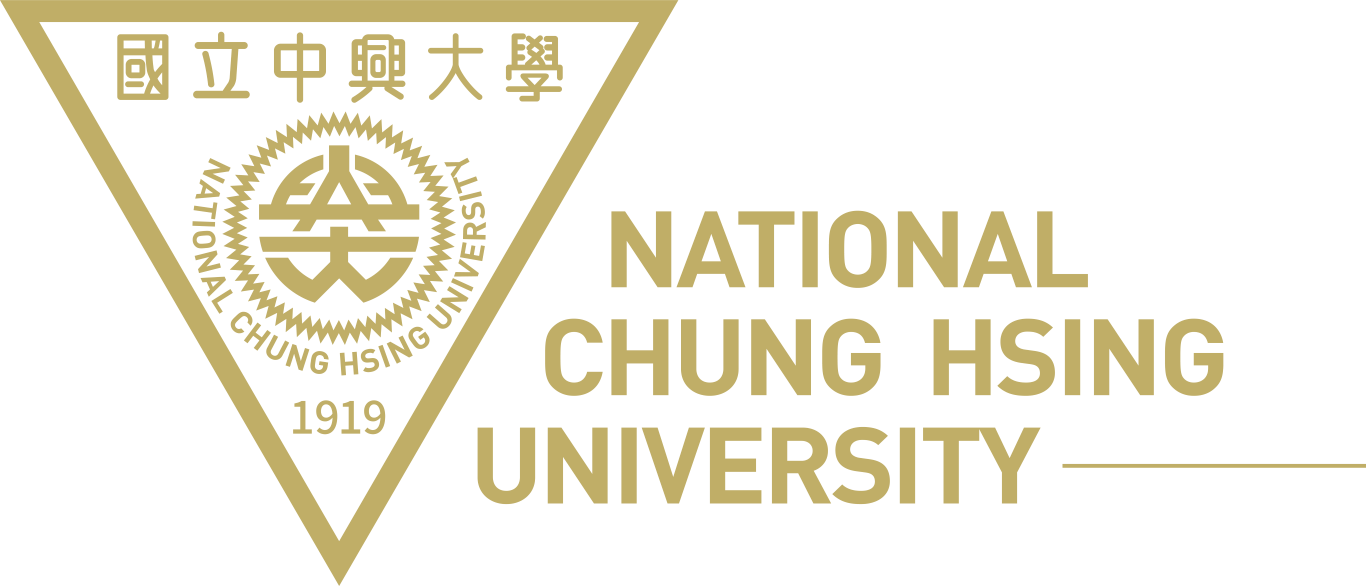Opening a Designated Direct Deposit Account–International Faculty Members
When reporting for work, International faculty members (including postdoctoral research fellows) are required to open an account with either Chunghwa Post Co., Ltd. or Bank SinoPac and provide their account information to the Cashier Division. To open an account, please have the following documents ready:
- Alien residence certificate or passport
- Letter of appointment
- Personal seal
Please provide the Cashier Division with your account information after opening the account.

